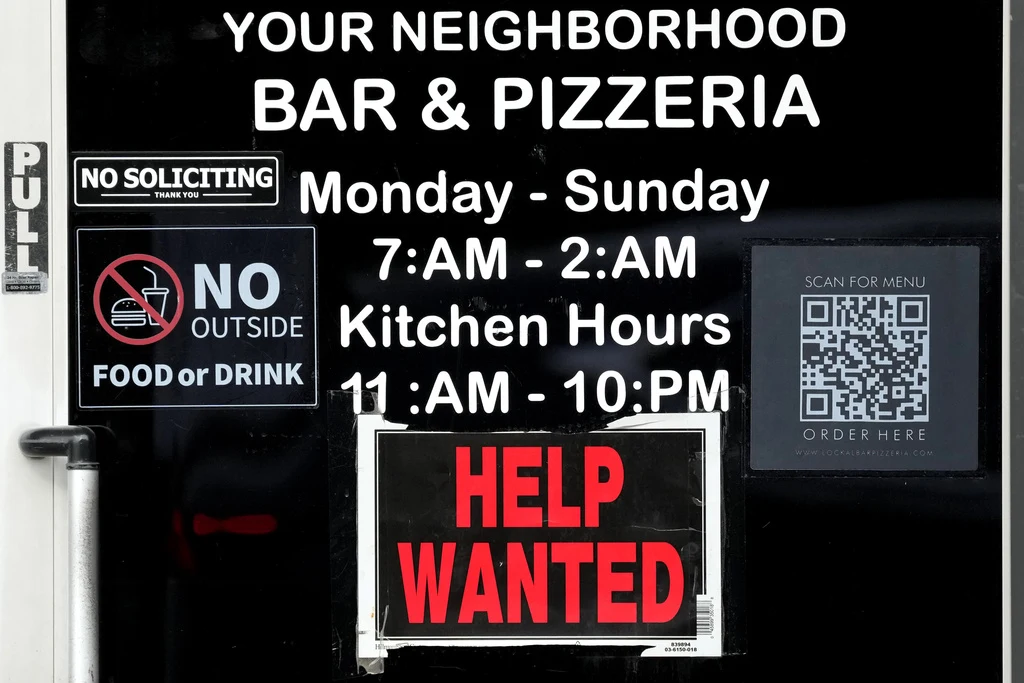A Massachusetts housing attorney says residents’ fears over migrants being housed in a proposed family homeless shelter in a Cape Cod town, triggering a request for opposition from a regional board, are unfounded.
The Cape Cod Commission has found the project, which looks to convert a former nursing home into a “family transitional shelter” in Dennis would have no regional impact, denying a discretionary referral from the towns of Dennis and Harwich.
Housing Assistance Corp., a regional-based nonprofit, wants to morph its three family shelters in Hyannis, Bourne and Falmouth, into one central space at the former 128-bed nursing home in South Dennis.
As the migrant crisis continues to take a toll on the Bay State, residents and officials from Harwich, Dennis and other Cape Cod towns worry that the proposed facility would not address the housing needs of local citizens.
Project proponents ahead of Thursday’s rejection from the Cape Cod Commission had insisted the shelter would house up to 79 homeless families, or 177 individuals, mostly single mothers with infants and young children.
Dennis Planning Board Chairman Paul McCormick Jr., during a May 20 hearing, called putting in a condition that the use of the shelter be for only U.S. citizens a “fair suggestion.”
In the eyes of Housing Assistance’s attorney Robert Brennan, that “fear” was entirely unfounded.
“It was not about a square foot of this project,” he told the Cape Cod Commission. “It was about a fear of who these folks were going to be. These folks are us, these folks are Cape Codders, they’re working Cape Codders.”
Brennan highlighted how Gov. Maura Healey just issued new shelter rules to prioritize Massachusetts veterans and families with newborns.
Healey announced last Tuesday that, beginning August 1, the state will prioritize housing Massachusetts families who are homeless following a no-fault eviction, or as a result of a natural disaster, or any family that includes a veteran.
The proposed family homeless facility on Cape Cod would be funded through the state’s emergency housing assistance program, which runs shelters that have been used to house migrants.
“It is not about bringing in migrants,” Brennan said of the proposal’s intention. “This is about serving the needs of our own people, our Cape Codders. And that was missed, and it was entirely misdirected at the Planning Board hearing. Those are the pressures that drove this referral here.”
The Dennis Planning Board also voted in May to appeal the town building commissioner’s determination that the project fits the criteria of the Dover Amendment — a state statute that exempts agricultural, religious, and educational uses from certain zoning restrictions.
Homeless families and individuals would receive lessons at the facility on “life skills,” to get them permanent housing in the future, project leaders had said. Occupancy would be phased in over time, about three to four months before the facility is at full capacity.
Tenants would be required to take lessons on financial management, family planning, MassHealth enrollment, housing search, parenting, cooking, and other educational interventions, project attorney Peter Freeman said in April.
Families would live in 272-square-foot rooms featuring a half-bathroom, refrigerator and microwave, and they’d share a communal kitchen and shower. The tight spaces would lack televisions and chairs.
Average stays are about nine months to a year, project leaders have said.
Though the 57,000-square-foot facility is located in South Dennis, there’s only one way to enter and leave the property, via a road off of Main Street in Harwich.
Dennis Town Planner Paul Foley raised that concern to the Cape Cod Commission and those around how the facility is located in a Board of Health environmentally sensitive area and next to wetlands.
“We believe this will generate more traffic, not less,” Foley said. “The nursing home residents didn’t go anywhere, they stayed there. With this, you’ll have more residents, they’ll all be coming and going.”
A traffic analysis found there would be no regional impact, said Steven Tupper, deputy director of the Cape Cod Commission.
“We need to have shelter for our homeless people as housing becomes more and more difficult,” said Peter Okun, a commission board member from Provincetown. “We need to get people off the street, we need to teach them how to fend for themselves.”
A vast majority of Harwich residents had “no knowledge” of the proposal, with the only way of knowing about it is by listening to a local radio station or being a member of the Cape Cod Concerned Citizens activist group, resident Martha Taylor told the Herald in May.
Harwich Town Administrator Joe Powers echoed that to the Cape Cod Commission.
“We are looking for an opportunity to be spoken with and heard from,” he said. “I am mystified as to how anyone can come to any conclusions on the impact to the town of Harwich without formally and officially speaking to the town of Harwich.”
Originally Published:







